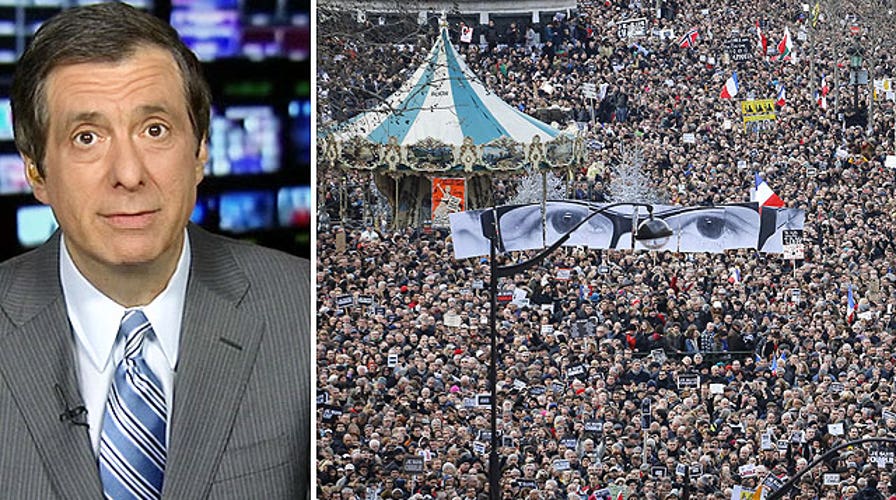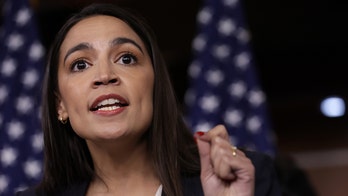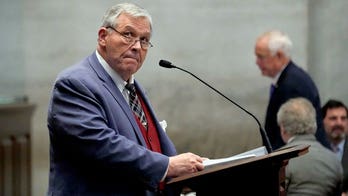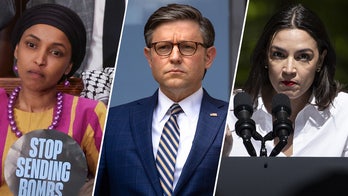As cable news went wall to wall during the tense hours that marked the twin hostage standoffs in France, I was filled with mixed emotions.
Despite the near-total lack of information on Friday, it was incredibly tense as we waited for the confrontations to play out, hoping the hostages at a kosher supermarket and a printing plant could be saved and the butchers behind the Charlie Hebdo massacre either killed or captured.
Fortunately, most journalists avoided the kind of reckless speculation and pseudo-scoops that can mar such a situation. That’s what happened on Wednesday, when the usually reliable Pete Williams of NBC made the boneheaded mistake of quoting unnamed U.S. officials as saying one of the terrorists had been killed and others captured. Brian Williams had to run a retraction the next night.
But the situation on Friday was so filled with confusion that even the leakers didn’t know exactly what was happening. It was as if the world had stopped, the global village watching on television, online, on Twitter, to see whether the terrorists would be stopped.
But part of me thought that was exactly what they wanted, for society to look on as they went out in a blaze of self-delusional glory. And that maybe the saturation media attention was playing into their hands.
Of course we all have to cover a story like the terror that gripped France, aimed not only at a satirical newspaper that dared make fun of Islam but at Jewish grocery customers. And yet it’s stunning that a handful of psychopaths with automatic weapons could cause such chaos. And I wonder whether the worldwide notoriety fueled by the media provides a perverse incentive.
What I don’t want to read now are detailed portraits of the brothers (you’ll notice I’m not naming them) and how they were alienated from the mainstream and how society needs to find a way to address this problem. You know, like this Reuters piece: “Twelve years ago, one of the two brothers suspected of the shootings at satirical weekly Charlie Hebdo was a young man like many others in France, more interested in girls and smoking dope than defending the Prophet Mohammad.”
The same goes for this New York Times piece: “Despite a long criminal record, he succeeded in presenting himself as a new man, securing a short-term job at a Coca-Cola plant, where he was a model employee. He was even invited to the Élysée Palace in 2009 to meet, along with other youths on a government work program, the president at the time, Nicolas Sarkozy.”
I don’t want to see them on the cover of Rolling Stone, as happened with one of the brothers who bombed the Boston Marathon. Let’s focus on the victims, on the failure of French intelligence, on shortcomings in our war on Islamic terror, on the principle of free speech that is under assault.
I don’t care about the French brothers, any more than I care about the lunatics who shoot up schools and movie theaters and shopping centers. They are depraved human beings who think nothing of killing innocent people in pursuit of some twisted ideology.
Stephane Charbonnier, the Charlie Hebdo editor who kept on publishing anti-religion cartoons after the office was firebombed in 2011, knew he was going to die, his girlfriend says. That, she says, was why they never married or had kids.
The best tribute to Charb and his courageous colleagues would be for the media to aggressively report on and criticize and even mock Islamic terrorists, not shower them with the posthumous attention they so clearly do not deserve.





